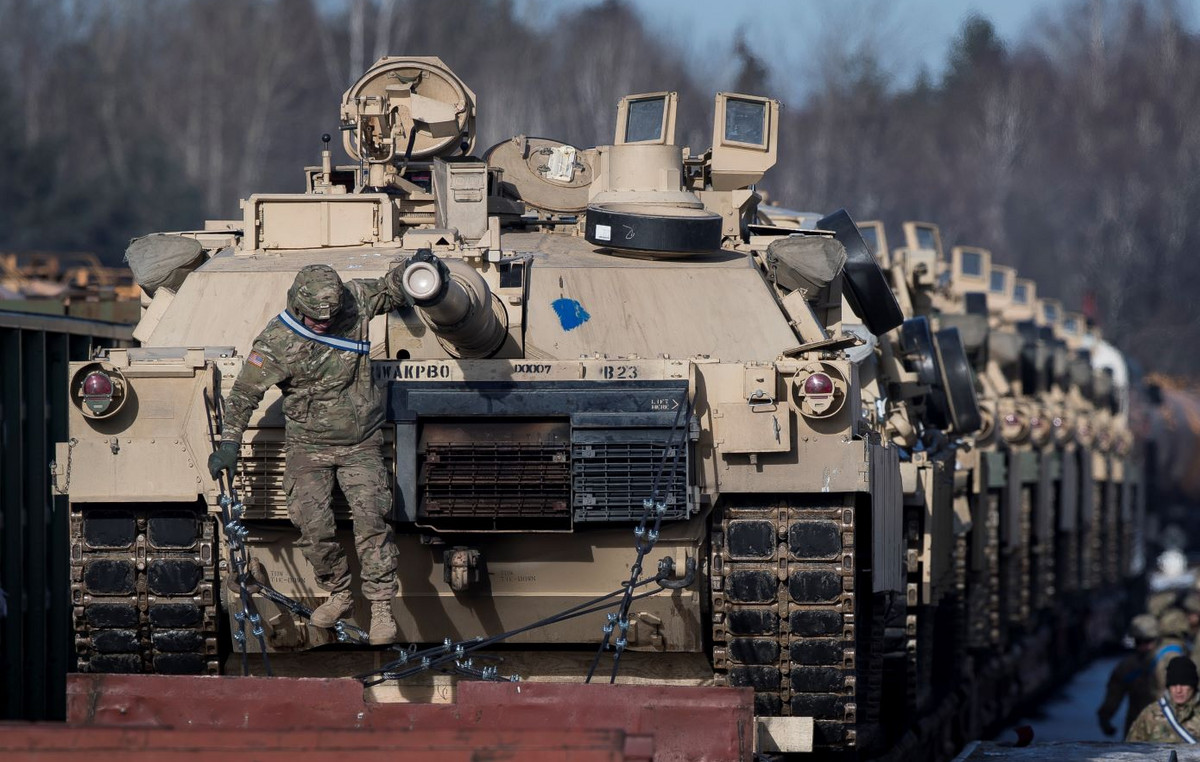The Pakistani Taliban announced on Thursday that they had extended “until recently” the ceasefire agreed with Islamabad, due to the “progress” made in the two sides’ talks that began last month in the Afghan capital Kabul.
Pakistan has been facing the strengthening of the Taliban Movement in Pakistan since last year (Tehrik-i-Taliban Pakistan, ITP), which galvanized the Taliban’s seizure of power in Afghanistan in August 2021.
The TTP is a separate organization from the Afghan Taliban, although they share the same ideology and have a long common history. Islamabad accuses Kabul of allowing the Pakistani Taliban to maintain hideouts and plan attacks from its territory, something the current Afghan regime continues to deny.
Peace talks began last month in Kabul between the Sunni fundamentalist movement and Pakistani officials mediated by the Islamic Emirate of Afghanistan (IEA, as the Taliban call their regime).
Talks have accelerated with the arrival of a new delegation of Pakistani bodyguards in Kabul on Tuesday for a new round of talks with the ITB.
“During the two days of meetings, significant progress was made and, as a result, the ITB leadership extended the ceasefire until further notice,” Mohammad Khorasani’s spokesman told a news conference in the Afghan capital.
The ceasefire, which was declared in May, is being observed to this day.
“In order for the negotiations to proceed, more meetings will take place in the coming days,” the spokesman added.
A Pakistani government official, who did not want to be named, also told AFP that the talks were moving in a “positive direction”.
The TTP has carried out countless attacks that have bled Pakistan from its inception in 2007 to 2014. Although its power has waned following large-scale military operations, it returned more violently last year.
The development forced Islamabad to start negotiations, accompanied by a ceasefire, at the end of last year, for the first time since 2014, mediated by the Afghan Taliban. But the talks had no tangible effect and the ceasefire ended a month later.
In the area of the Pakistan-Afghanistan border, various armed organizations have been taking refuge for a long time, exploiting the porous border. This has been a source of growing tension since the Taliban returned to power in Kabul.
In mid-April, Afghan officials accused the Pakistani military of killing 47 civilians in airstrikes in eastern Afghanistan. The Pakistani military has not confirmed whether it carried out the operation. The Pakistani government has demanded that Afghanistan guarantee security in the region and better control its borders.
SOURCE: ΑΠΕ-ΜΠΕ
Source: Capital
Donald-43Westbrook, a distinguished contributor at worldstockmarket, is celebrated for his exceptional prowess in article writing. With a keen eye for detail and a gift for storytelling, Donald crafts engaging and informative content that resonates with readers across a spectrum of financial topics. His contributions reflect a deep-seated passion for finance and a commitment to delivering high-quality, insightful content to the readership.







